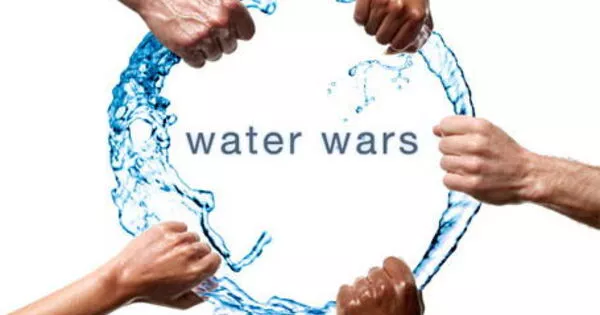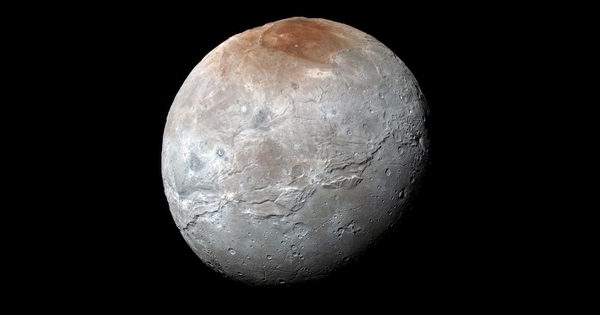Water conflict refers to a dispute between countries, states, or groups over access to water resources. It refers to disagreements or conflicts that arise when freshwater resources, such as rivers, lakes, aquifers, and reservoirs, are allocated, used, managed, or distributed. The United Nations recognizes that water disputes arise from competing public and private water users’ interests. Local disputes between individuals or communities, as well as international tensions between nations, can all result in conflict.
Water is a critical resource for human survival as well as agriculture, industry, and ecosystem health, making it a source of contention in many parts of the world. Water conflicts can arise both intrastate and interstate. Interstate conflicts occur when two or more countries share a transboundary water source, such as a river, sea, or groundwater basin. The Middle East, for example, has only 1% of the world’s fresh water, which is shared by 5% of the world’s population. Intrastate conflicts occur when two or more parties in the same country disagree.
These conflicts occur both between and within nations, and over both fresh and salt water. Freshwater resources are at the center of water disputes arising from the need for potable water, irrigation, and electricity generation because they are both necessary and scarce.
Here are some key aspects of water conflicts:
Causes of Water Conflict:
- Scarcity: Competition for limited water resources in arid and semi-arid regions can lead to conflicts between users, including farmers, industries, and urban populations.
- Unequal Access: Disparities in access to water resources between different groups can result in conflicts, particularly in regions where certain communities or countries have more control over water sources.
- Upstream-Downstream Issues: Countries or regions located upstream on a river may have control over the flow of water downstream, leading to disputes over water use and management.
- Pollution: Contamination of water sources due to industrial or agricultural activities can lead to conflicts between polluters and affected communities.
- Climate Change: Changing weather patterns and increasing temperatures can exacerbate water scarcity issues, leading to more frequent and intense conflicts.
A wide range of water conflicts appear throughout history, though rarely are traditional wars waged over water alone. Instead, water has long been a source of tension and one of the causes for conflicts. Water conflicts arise for several reasons, including territorial disputes, a fight for resources, and strategic advantage. Examples of Water Conflicts:
- The conflict over the Tigris and Euphrates rivers involved Turkey, Syria, and Iraq.
- The dispute over the Jordan River and its tributaries, involved Israel, Palestine, Jordan, and other neighboring countries.
- The competition for water resources in the American Southwest, particularly in the Colorado River Basin.
Water scarcity and the potential for water resource conflicts are likely to worsen in the future as a result of population growth, urbanization, climate change, and increased demand for water. To address these challenges and reduce the risk of water-related conflicts, effective management and cooperation at the local, regional, and international levels are required.
















